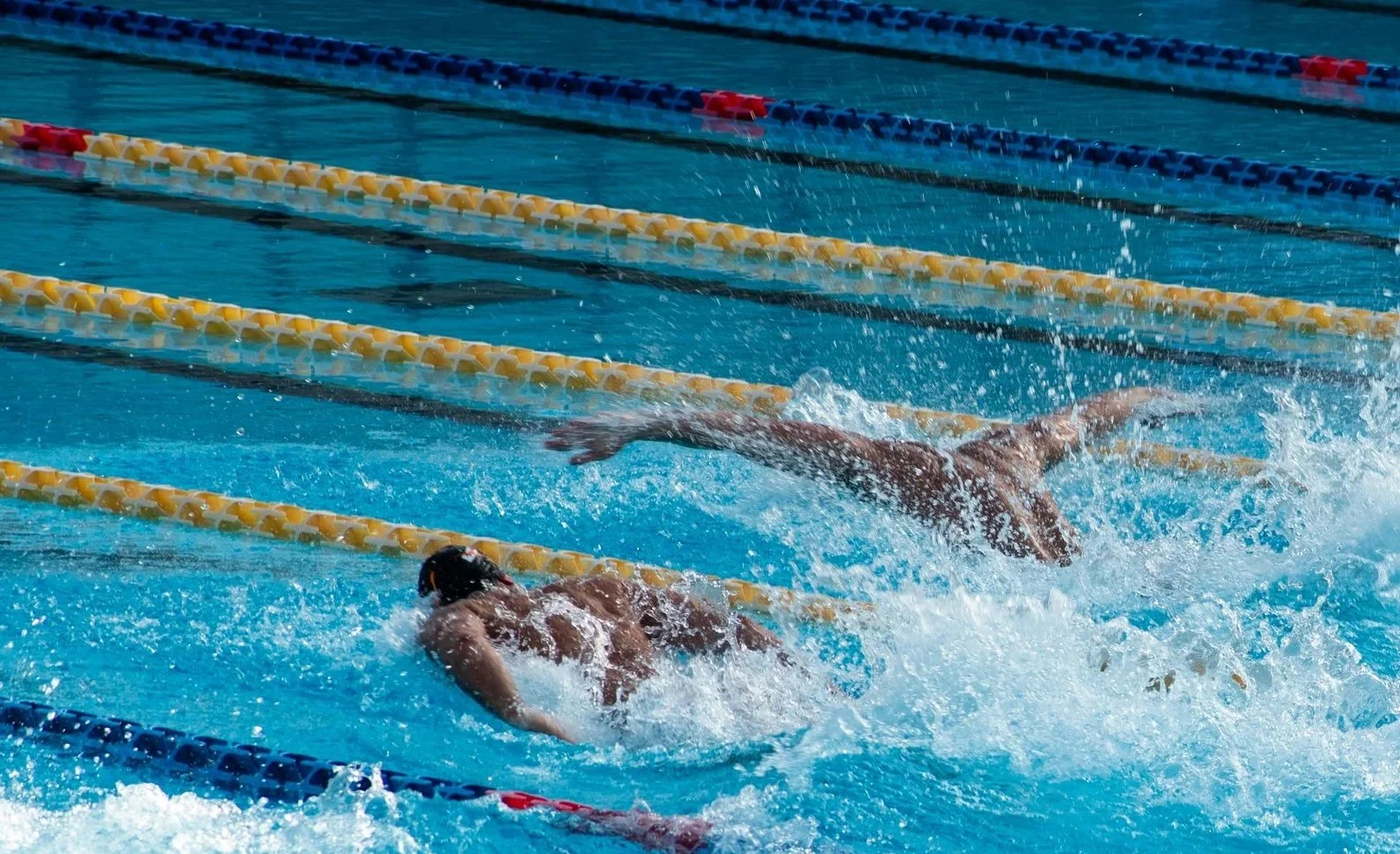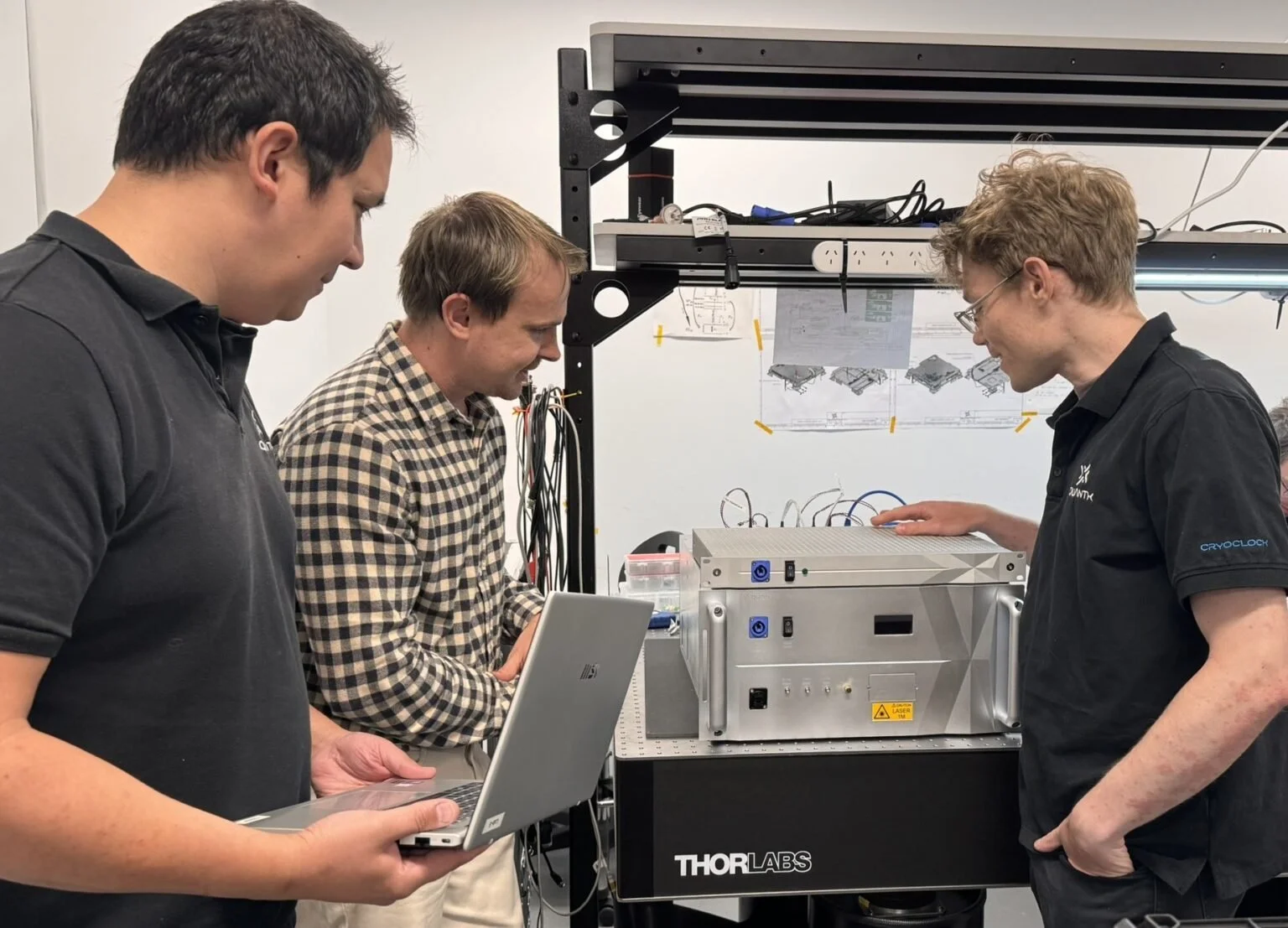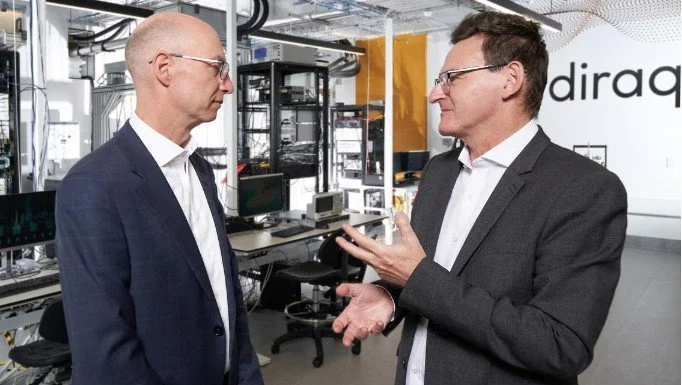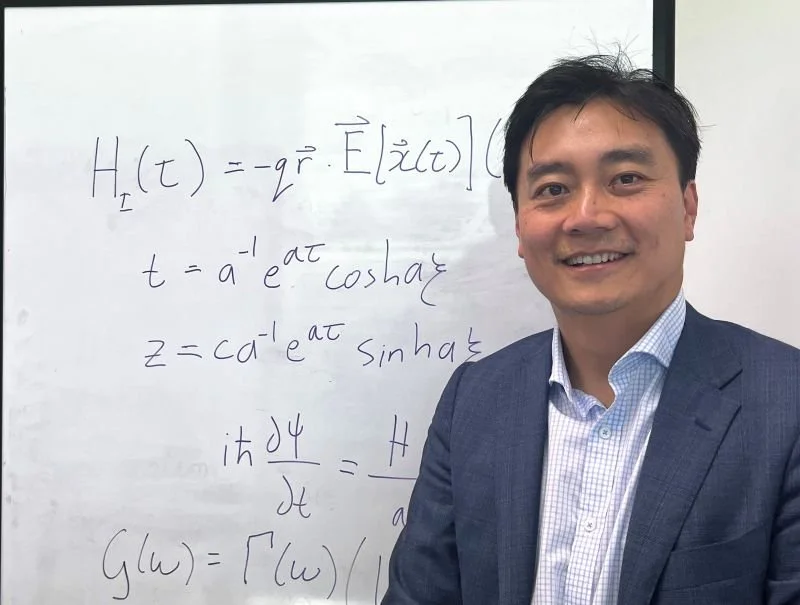Queensland’s Quantum Edge: Powering the Brisbane 2032 Olympic and Paralympic Games
Highlighting Queensland’s state-backed Quantum 2032 Challenge and the groundbreaking research preparing Australia for a safer, smarter and more innovative Olympic and Paralympic Games.
As the world turns its attention to Brisbane 2032, Queensland is showing how scientific excellence can be a competitive advantage, not just for athletes, but for a nation. From the playing field to the city streets, the state’s leading universities are bringing quantum technologies out of the lab and into a landmark opportunity to showcase Australia’s strength in science, innovation and sport.
Five Queensland universities - the University of Queensland, Griffith University, Queensland University of Technology, the University of Southern Queensland and Central Queensland University - are advancing twelve cutting-edge research projects that will redefine how we measure, monitor, and manage performance on and off the field
With support from the Queensland Government’s Quantum 2032 Challenge, these initiatives demonstrate how homegrown quantum innovation can deliver global impact, for sport, for science, and for society.
The Quantum 2032 Challenge: Turning Ambition into Action
Launched by the Queensland Government, the Quantum 2032 Challenge fundsprojects that showcase how Queensland’s quantum technologies can enhance the Brisbane 2032 Olympic and Paralympic Games. Its goal is simple yet visionary: to accelerate the development of quantum-based innovation in sportstech and related domains, strengthen collaboration between researchers and industry, and position Queensland’s expertise on the world stage.
Projects funded under the Challenge are designed to address real-world challenges linked to the delivery of the Games or Australia’s participation in them, from athlete performance and safety to event logistics and public engagement. The Challenge also encourages projects that directly support the Paralympic Games, promoting inclusion and accessibility as part of Queensland’s innovation legacy.
Transforming Performance and Health
At the University of Queensland, researchers are reimagining athlete health and safety with quantum-enabled diagnostic tools. One project is developing low-field magnetic resonance imaging (MRI) systems that use quantum technologies to produce highly detailed scans of the musculoskeletal system, portable, low-cost and perfectly suited for high-performance environments. Another is advancing quantum magnetoencephalography (MEG) to enable rapid, on-field concussion diagnosis, a breakthrough that could protect the wellbeing of athletes at all levels and deliver better outcomes for adolescent players in development programs.
Griffith University is tackling a quieter but equally critical issue: iron deficiency. Its Strike While the Iron is Hot project uses advanced quantum sensors to detect iron levels with extraordinary precision. Beyond elite sport, this technology has wide-reaching implications for community health, particularly among Aboriginal and Torres Strait Islander women and girls who are disproportionately affected by iron deficiency. It’s a prime example of how quantum innovation in Queensland can deliver benefits that extend well beyond the Games.
Innovation in Motion
The University of Southern Queensland is applying quantum sensing to injury prevention, creating wearable devices capable of tracking athlete movement with exceptional sensitivity. This research aims to protect the next generation of Olympians before they even reach the podium.
At the Queensland University of Technology, researchers are combining quantum computing and sensing to solve real-world operational challenges. One project is exploring how quantum computing can optimise real-time traffic and transport systems, a crucial capability for managing the flow of people and logistics during the Games. Another is developing quantum-enhanced hydration monitoring, ensuring that athletes and officials can perform safely and sustainably in Brisbane’s subtropical conditions.
Meanwhile, at Central Queensland University, teams are integrating quantum communication technologies with artificial intelligence to build next-generation communication systems, designed for the scale, security and complexity of global sporting events.
Fair Play and Safer Competition
Ensuring integrity on the field remains a cornerstone of Olympic competition. At the University of Queensland, scientists are developing next-generation quantum testing methods to strengthen anti-doping efforts and protect fair competition. These advanced tests use quantum sensors to identify differences between natural and synthetic EPO, potentially leading to new detection mechanisms for a range of prohibited substances. By enhancing the ability to identify synthetic or performance-enhancing compounds, this innovation helps ensure a level playing field for all athletes.
Other Queensland-led initiatives are exploring how quantum sensors can measure muscle activity, monitor brain and heart function, and even detect biochemical agents to enhance event safety. Together, these twelve projects represent a sweeping vision for how quantum technologies can serve both performance and protection, showcasing what happens when cutting-edge science meets national purpose.
Building a Legacy Beyond 2032
What’s happening in Queensland isn’t just about medals or milestones, it’s about creating a lasting legacy of innovation that benefits the nation long after the closing ceremony. The advances made here will ripple through health care, defence, manufacturing and logistics, strengthening Australia’s sovereign quantum capability and its international standing as a hub of deep-tech excellence.
“Queensland’s universities have a long and proud history of scientific discovery, and their leadership in applying quantum technologies to sport demonstrates the state’s vision and capability,” said Petra Andrén, CEO of Quantum Australia. “From health and diagnostics to infrastructure and logistics, this is a showcase of how quantum can have real-world impact, and why Queensland is such a vital part of Australia’s national quantum story.”
That sentiment is echoed by Professor Kerrie Wilson, Queensland Chief Scientist and Chair of Quantum Innovation Queensland
“Queensland is uniquely positioned to translate its research strengths into outcomes that matter for people, industry and society. The Quantum 2032 Challenge is not just about the Games, it’s about building the capability and partnerships that will carry Queensland’s quantum leadership well into the future.”
Queensland Leading Australia’s Quantum Contribution to 2032
Queensland has long been a state that blends ambition with action. As it prepares to host the world, it’s also showing what it means to lead in the industries of the future. The breakthroughs emerging from its universities, across quantum sensing, computing, imaging and communications, are proof of a thriving research ecosystem with global reach.
From athlete wellbeing to urban intelligence, from anti-doping to data security, Queensland’s quantum story is one of creativity, collaboration and confidence. The road to Brisbane 2032 is already being paved with innovation, and at every step, Queensland is showing that the future of sport, and of quantum, starts here.








